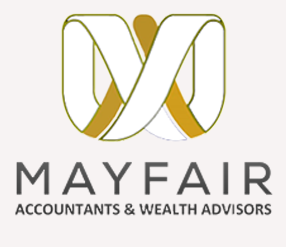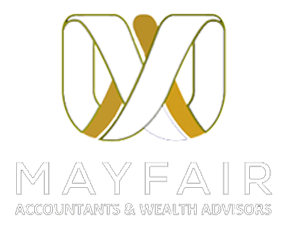If you are a self-employed as a sole trader or a partner in a business partnership, you are required to fill and submit your self assessment tax returns to HM Revenue & Customs (HMRC).
There are different types of records that help you to complete your this tax return. The records include sales and income, personal income, business expenses, VAT records and PAYE records. Business expenses include travel costs, interest from bank, wages, equipment, rental and many more. You need keep the receipts for all the purchases made for your business. Even if you use them for other purposes, make sure to keep a track on them. It is also very important to keep your personal records separate from your business records to avoid any mix up.
With these details, you would be able to complete and submit tax returns therefore pay right amount of tax. However, you should ensure to all your records are correct.
In case if your records are lost or stolen, you should provide estimated figures and provisional figures. When you do provide such details, do not forget to inform the HMRC.
After you file and submit your returns, do not throw them away. That’s because you must keep the records for at least 5 years after the 31 January deadline of the relevant tax year. Keeping records will help you to answer queries made by HMRC because sometimes HMRC may inspect you if they suspect a fraud. Record keeping also helps you know where your money is going to and claim expenses that you are entitled to as well.
If you fail to complete tax returns correctly, it can result in penalties. Penalties can start from £100 which can go to maximum of £900. So, you need to be very careful from the very beginning by keeping accurate records to operate your business efficiently.


